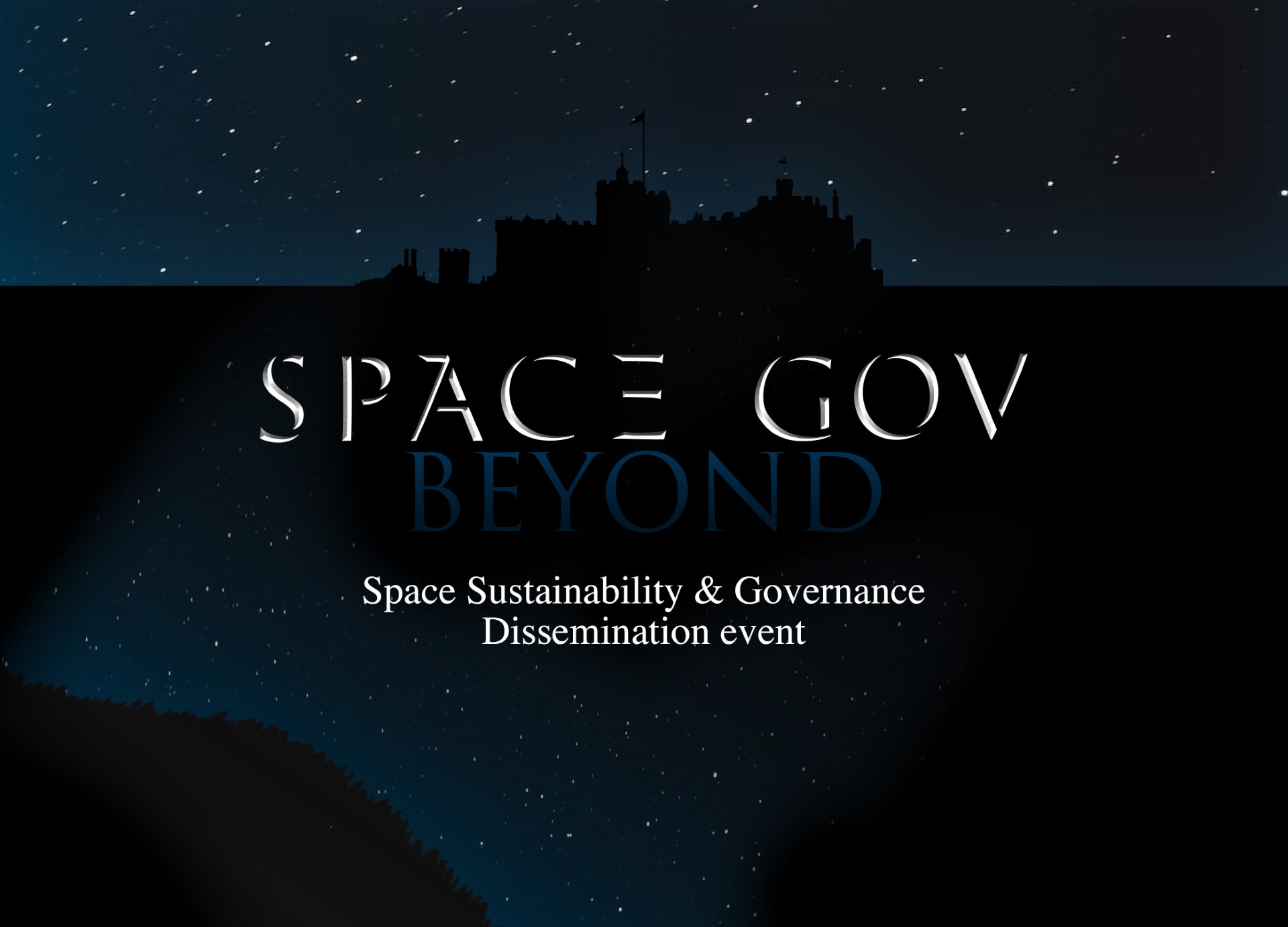
SPACE GOV Beyond Dissemination Event
at
Powderham Castle
25th July 2023 3:00PM
Interested parties may register by emailing s.chiu (at) exeter.ac.uk
Seats are limited and are on a first-register-first-serve basis.
This event is for individuals aged 18+ only. ID may be checked.
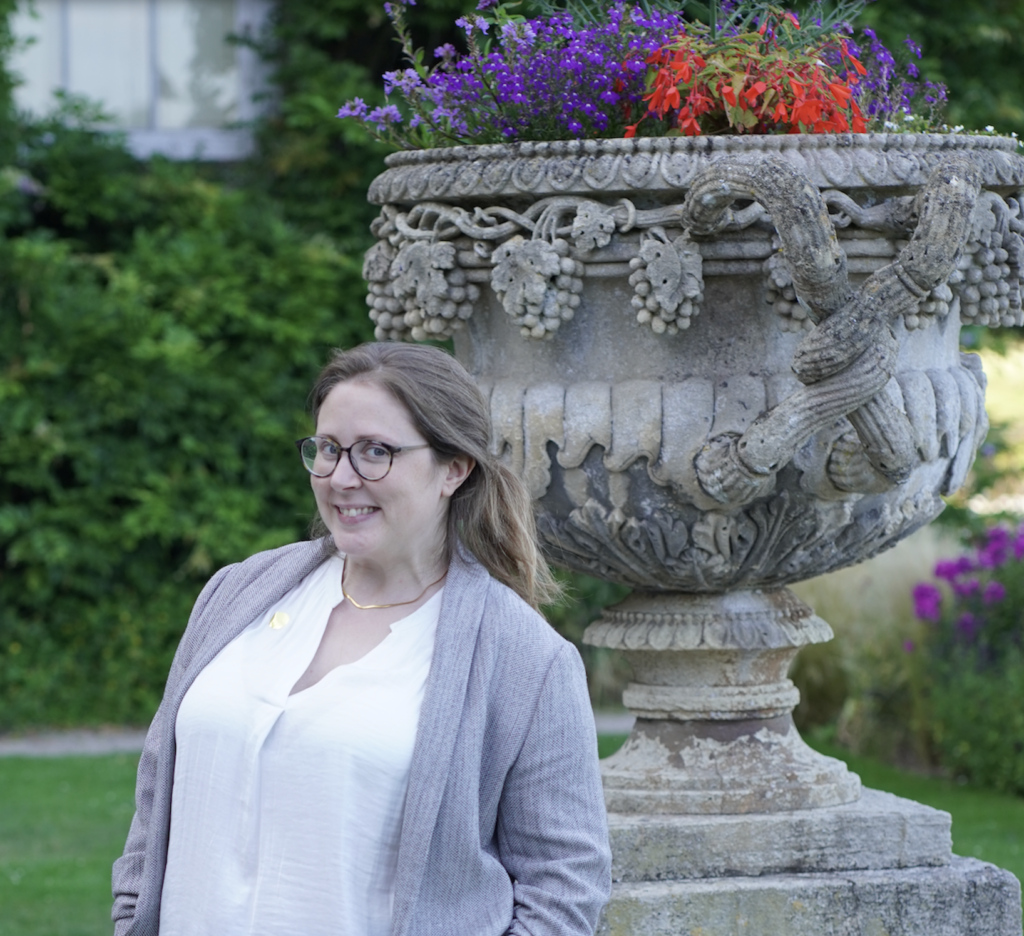
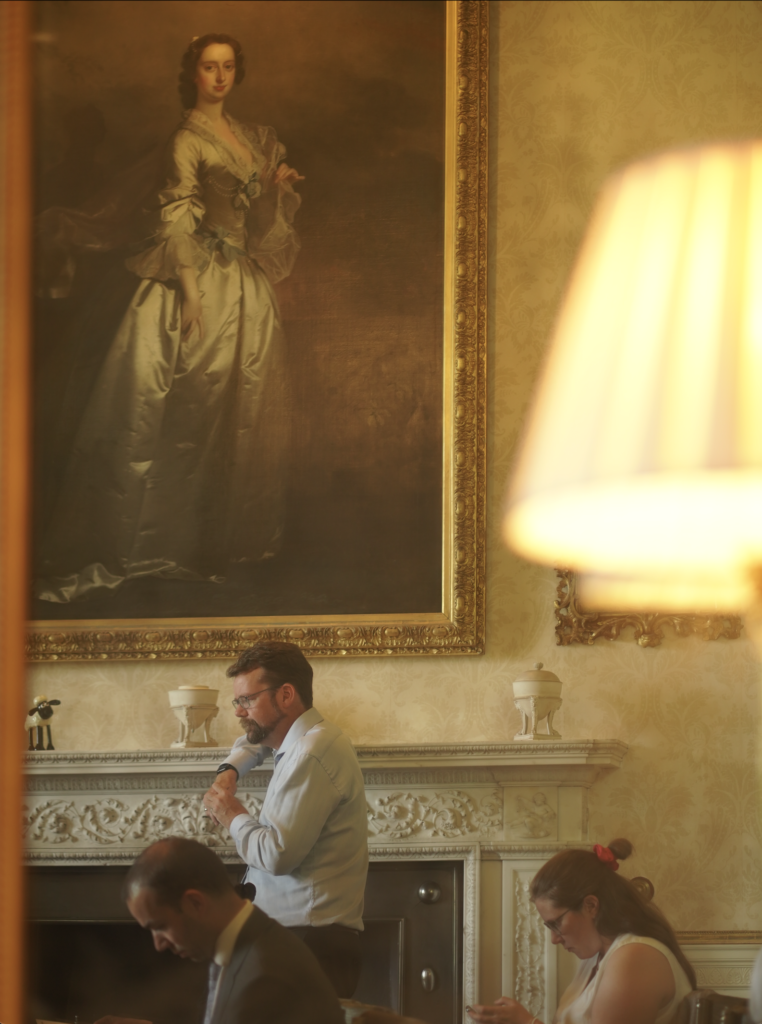

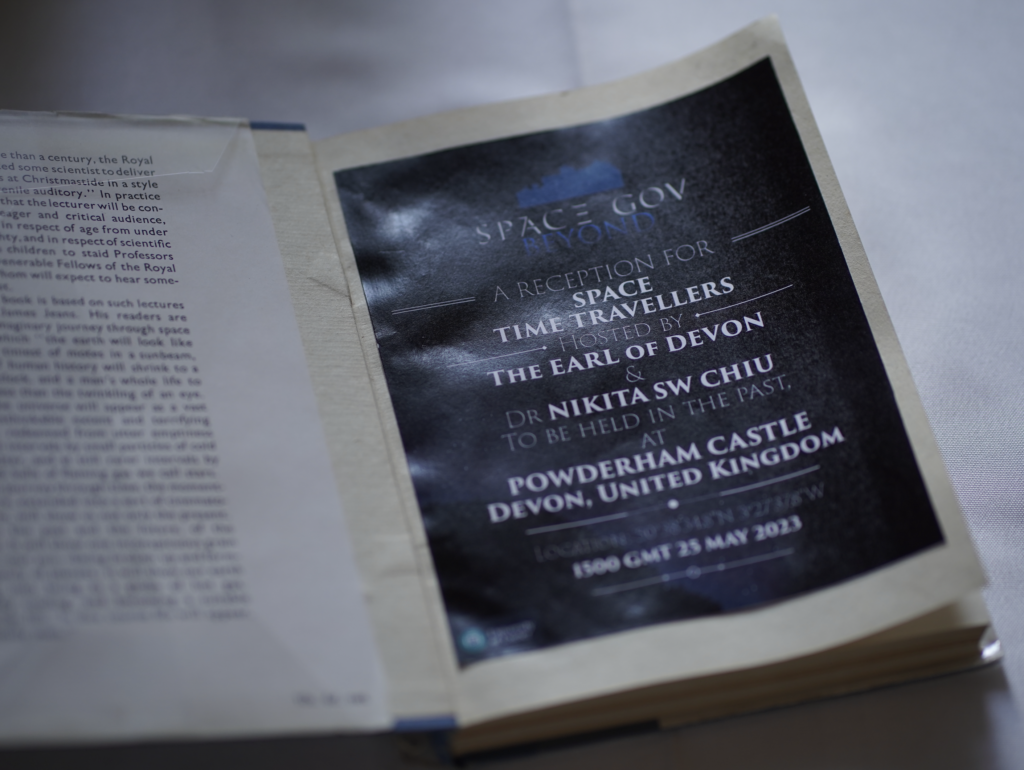
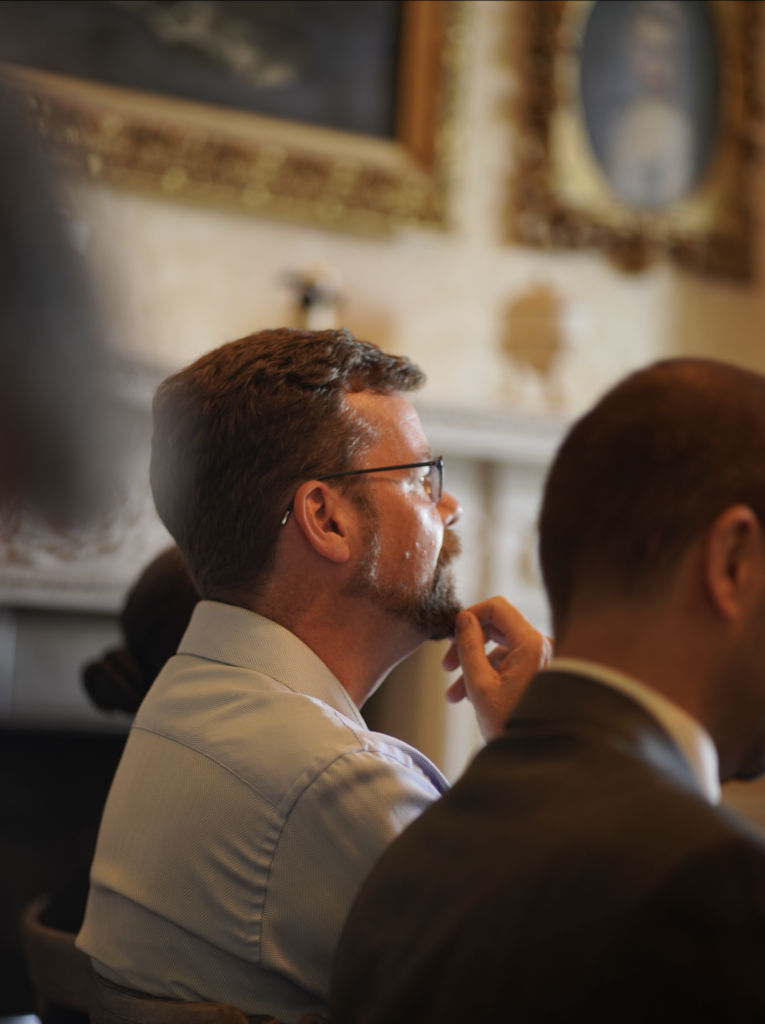
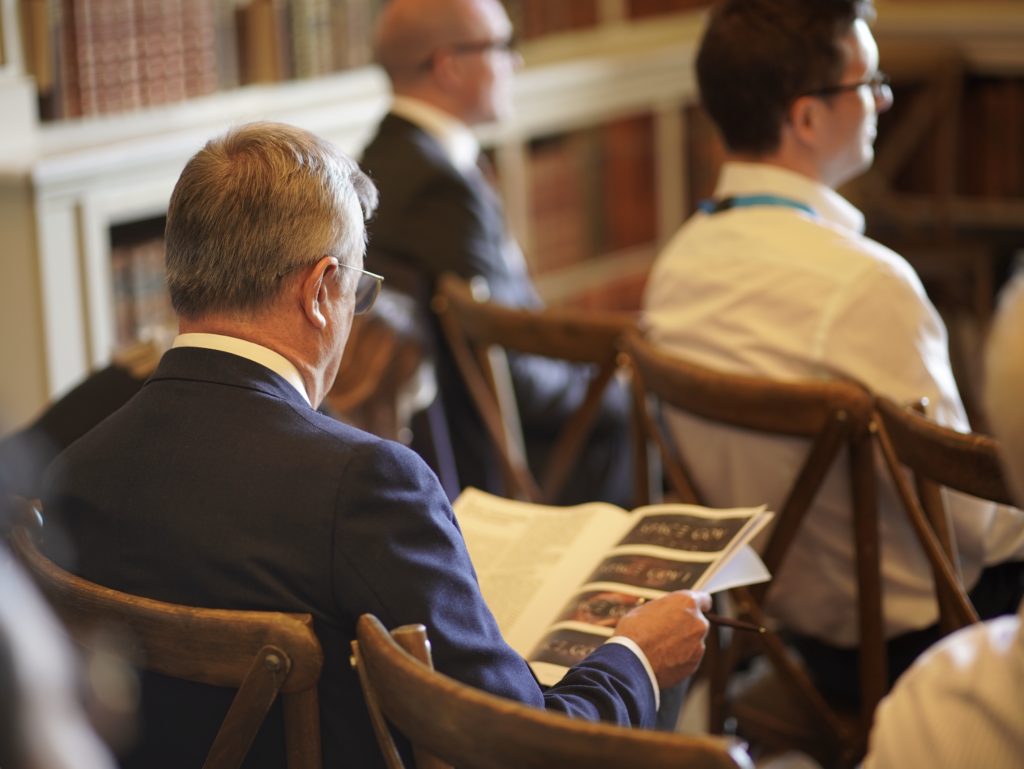
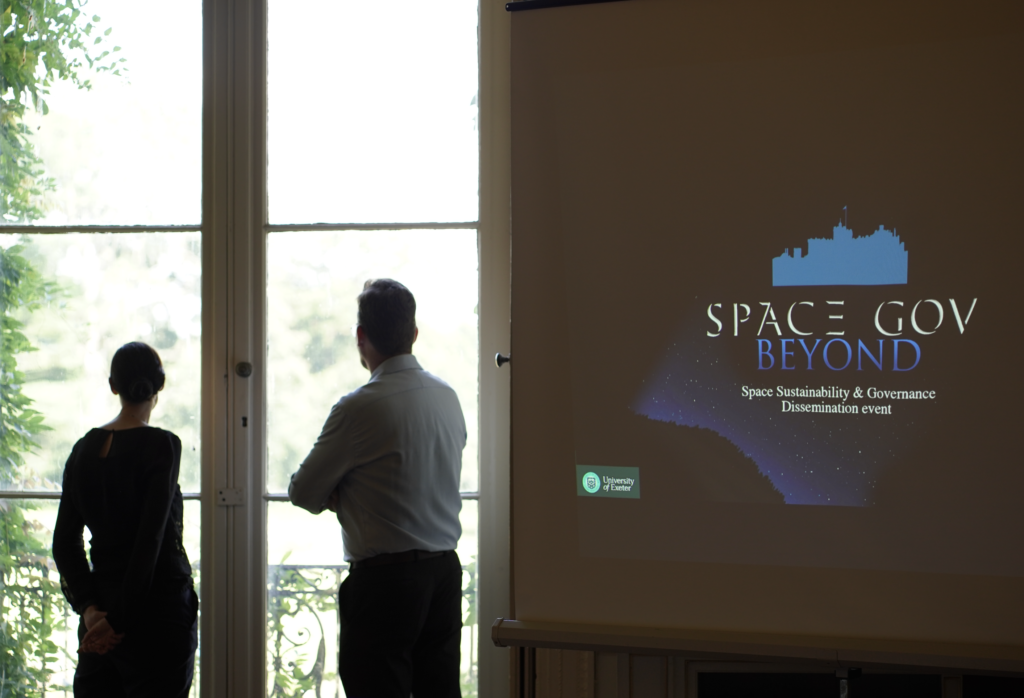
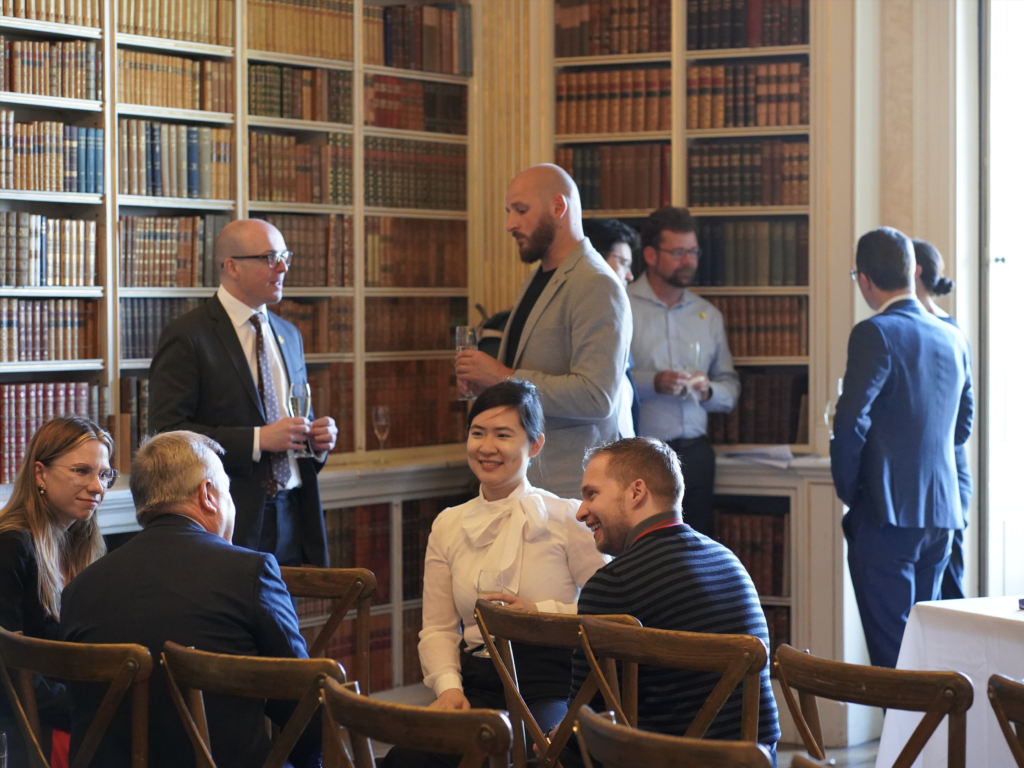
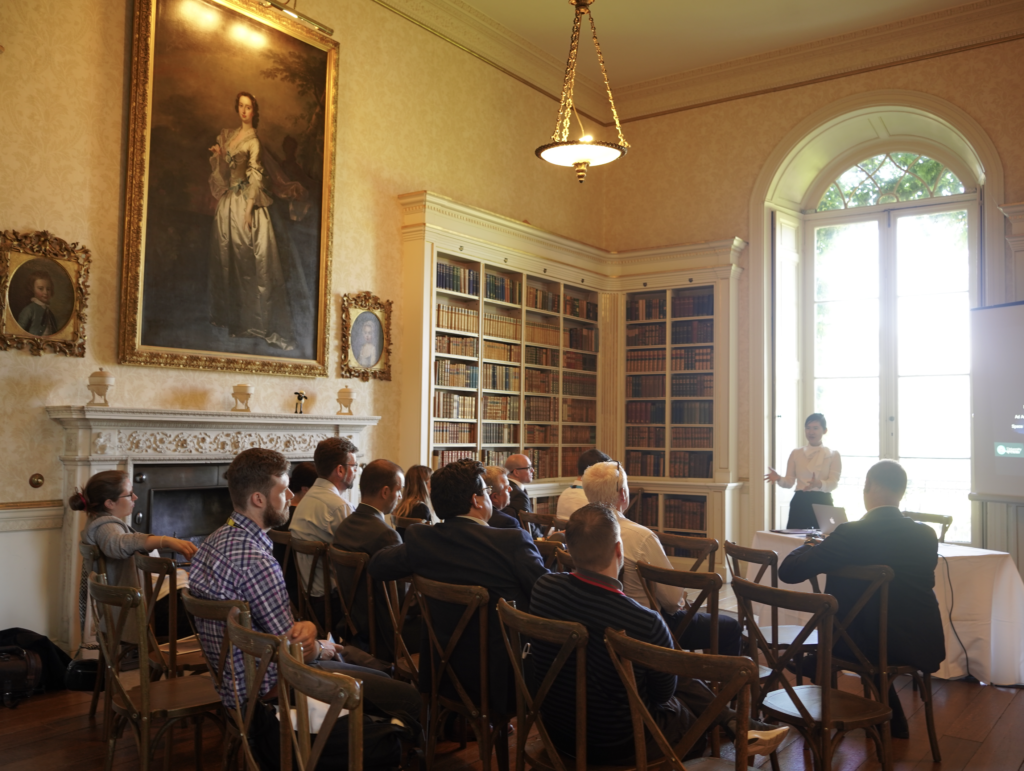
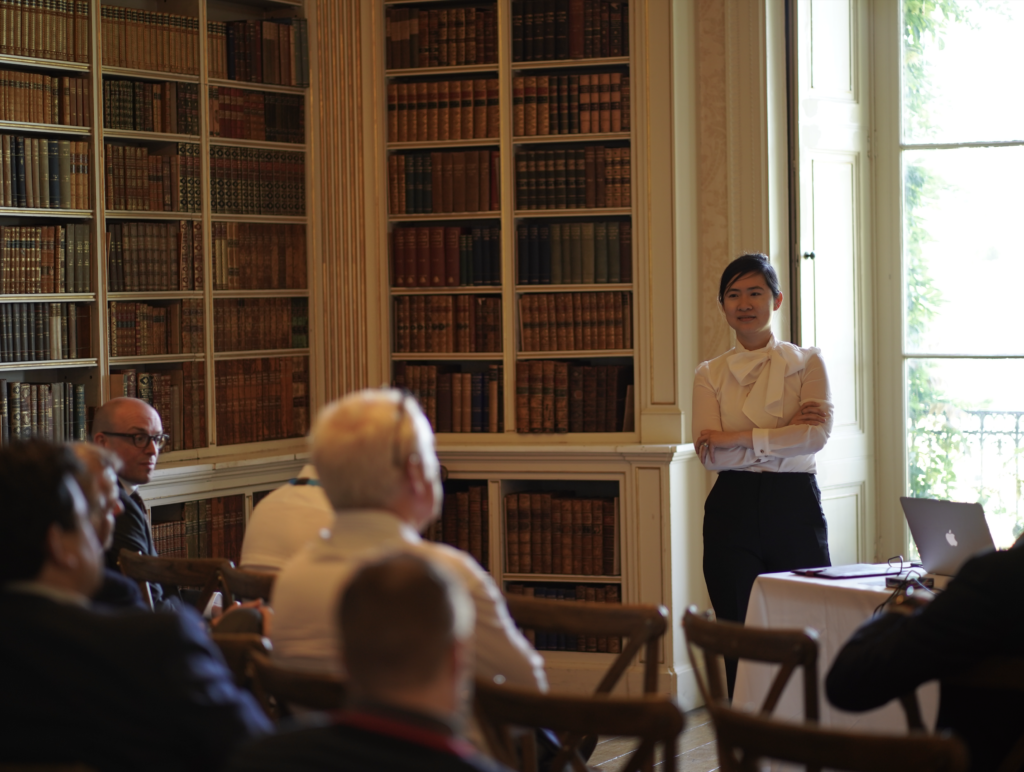
New policy brief identifies challenges and recommendations to advance a sustainable and inclusive space future
Dr Chiu put together a major initiative that is extremely timely as space activities venture into a period of renewed ambitions. Ahead of her time and with an ability to anticipate the need of rigorous cross-disciplinary solutions, Dr Chiu advanced a framework through SPACE-Gov that tackles multiple pressing global challenges in the space domain. SPACE-Gov not only filled an intellectual gap, but also connected and consolidated a new body of work that is desperately needed in a time of uncertainty and rapid technological and policy changes.”
Dr Ludovic Drouin, Science Attaché at the French Embassy to the United Kingdom
The space sector has reached a crossroads and is facing multiple challenges that could limit its ability to develop sustainable, long-term and collaborative plans for the future.
The war in Ukraine and wider global geopolitical uncertainty, the competition for resources in an increasingly sustainability-conscious world, and the need to support diversity in the workforce are being felt at various governance levels, including in the UK and Europe.
And the need to establish proper global governance for the space realm as private companies jostle with established state actors to put increasing numbers of satellites into orbit is also of paramount importance.
These issues and recommendations are just some of the insights offered by a new briefing document published by the Space-GOV programme. Led by the University of Exeter, it has drawn together an inter-disciplinary group of experts from government, policy, industry and technology, to identify common challenges and consider multiple potential scenarios.
“We are seeing a convergence of multiple challenges that are impacting upon the space sector,” says Dr Nikita Chiu, Principal Investigator of SPACE-Gov and Senior Lecturer in Innovation Policy at the University of Exeter Business School. “Whether it is vulnerabilities in the European supply chain, a lack of access to space due to the loss of Russian launch options, or the potential loss of public backing for space activity there are a number of factors that should be considered as we look to make the space sector more resilient and sustainable.”
Launched at the House of Lords in 2022, Space-GOV has brought together different experts across several workshops hosted by the European Space Agency with a view to establishing a long-term network of expertise. The final report, written by Dr Chiu, who is also Ad Astra Distinguished Fellow in Robotic and Outer Space Governance at the Space Engineering Research Center, at the University of Southern California, focuses its key recommendations on three main areas.
The first surrounds the Global Space Supply Chain. It identifies a host of issues such as mounting pressures on raw materials, the risk of space access becoming monopolised with a backlog developing for Europe, and questions over the resilience of the UK to absorb setbacks, such as with Virgin Orbit.
To help address some of these concerns, the project calls for increased recycling and ‘urban mining’ initiatives for materials such as aluminium. It also recommends a greater focus on ‘interoperability’ – in other words, moving away from satellites being designed to fit a specific launcher, and more towards a more generic, industry standard.
The second section looks at the question of Sustainability, and how regulation changes in one area might create ambiguity and complexity for the space sector. It considers the scenario of proposed chemical regulations in Europe that would limit the use of environmentally harmful substances such as BPA and PFAS, but which are present in specialist materials essential for the space sector. The brief goes on to call for greater cross sector knowledge transfer, and research and development into a servicing economy for the satellite industry to help it adopt principles of the circular economy.
The final section considers Global Space Governance, and covers a range of topics, including the risk of conflicts escalating into space and a lack of diversity in the sector’s workforce. The policy brief calls for multilateral dialogue between parties, such as through the Committee on the Peaceful Uses of Outer Space, and for support for multi-sensorial technology to ensure that a more diverse workforce might be attracted.
“While many consider space to be a uniquely inspirational domain, with the potential to unify differences, this should not be taken for granted,” Dr Chiu adds. “With growing political divergence and tensions with other pressing global priorities, such as combating climate change and inequality, there has been mounting call for future space endeavours to be more inclusive to reflect the values that it seeks to inspire. Space exploration – one of the most expensive segments of the wider space ecosystem – is under mounting scrutiny to ensure greater representation of society.”
The policy brief was unveiled at a special event at Powderham Castle, in Devon, and was attended by a broad range of interested parties from the sector.
